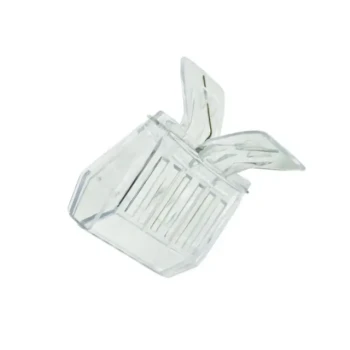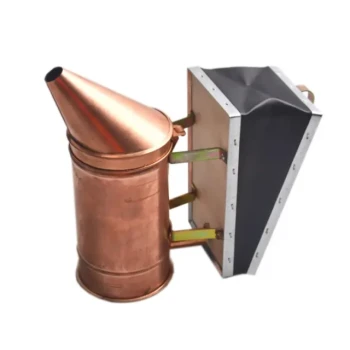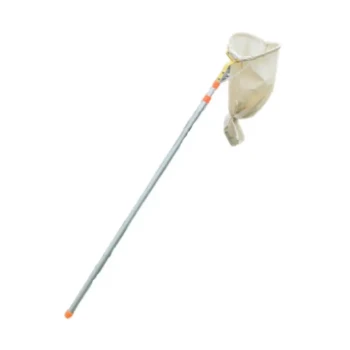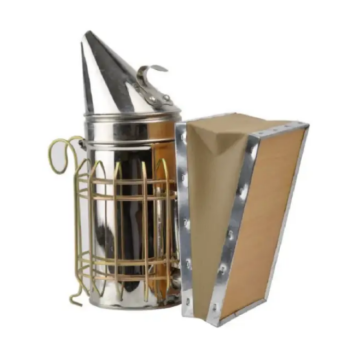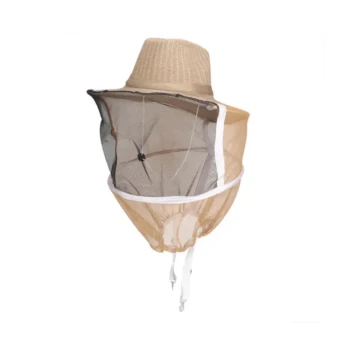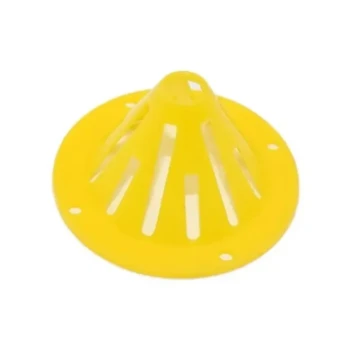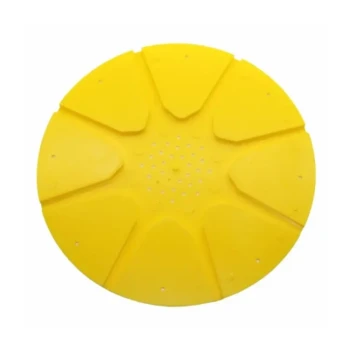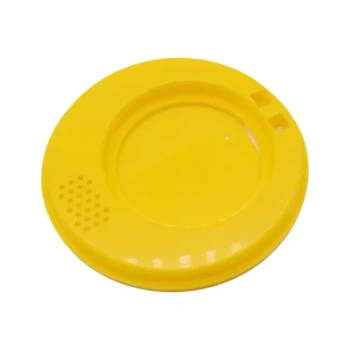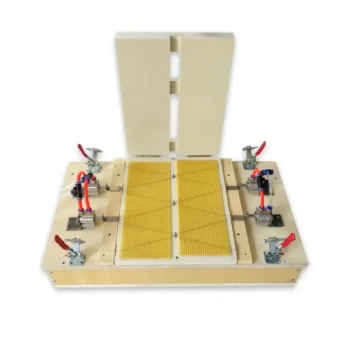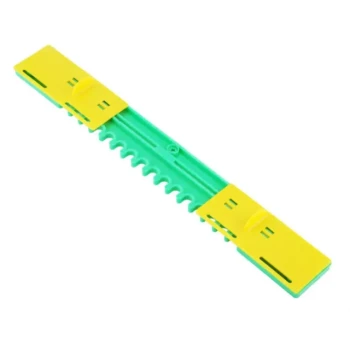Pollen substitute patties serve as a critical nutritional bridge for honey bee colonies. They are a man-made food source that provides the essential proteins, lipids, and vitamins bees would normally get from natural flower pollen. Beekeepers use them primarily to stimulate brood rearing and colony population growth during periods when natural pollen is scarce, such as in late winter, early spring, or during a seasonal dearth.
The purpose of a pollen substitute is not to replace natural pollen, but to strategically intervene when it is unavailable. Its value is entirely dependent on timing—used correctly, it accelerates colony growth; used incorrectly, it is wasteful and can even be detrimental.
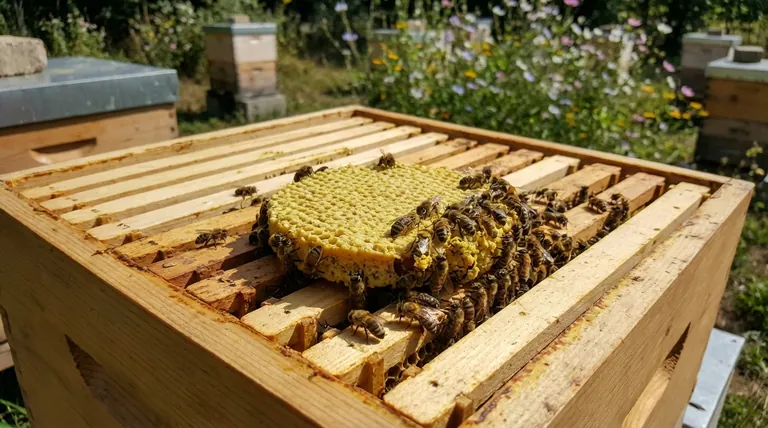
The Core Role of Pollen in a Hive
To understand the purpose of a substitute, you must first understand the role of natural pollen. It is the sole source of protein and fats for the colony and is non-negotiable for its survival and growth.
Fueling the Next Generation
Pollen is often called "bee bread" and is the primary food for developing bee larvae. Without a steady supply of protein, the queen will reduce or completely stop laying eggs, causing the colony's population to shrink.
Nourishing Young Worker Bees
Nurse bees consume vast amounts of pollen to develop their brood food glands. These glands produce the royal jelly fed to the queen and the youngest larvae, making pollen the foundational nutrient for the entire colony's reproductive cycle.
When to Feed Pollen Substitute: Strategic Timing
Feeding a substitute is a targeted management technique, not a routine task. Its effectiveness is directly tied to the absence of natural pollen.
Early Spring Buildup
This is the most common use case. Feeding patties in late winter or early spring, before natural sources are available, signals to the queen that resources are abundant. This encourages her to begin laying eggs, creating a large, robust foraging force just in time for the main spring nectar flow.
Bridging a Pollen Dearth
A "dearth" is a period when no nectar or pollen-producing flowers are in bloom, which can occur even in summer. Providing a substitute during these gaps prevents a decline in brood rearing and ensures the colony maintains its population.
Supporting Colonies in Poor Forage Areas
Some geographic locations lack the floral diversity to provide consistent, high-quality pollen. In these areas, supplemental feeding becomes a necessary tool to prevent malnutrition and colony decline.
Understanding the Trade-offs and Risks
While beneficial, using pollen substitutes requires careful consideration. Mismanagement can create problems for the colony.
The Danger of Feeding Too Early
If you provide patties too early in the season, the colony can expand its brood nest too quickly. A subsequent cold snap can cause the bee cluster to contract, leaving the new brood exposed and at risk of chilling and dying.
The Problem of Waste
Once natural pollen becomes abundant, bees will almost always prefer it over an artificial substitute. If you see bees bringing in baskets of fresh pollen, they will likely ignore the patty. Continuing to feed at this point is a waste of money and resources.
Attracting Pests
An uneaten or slowly consumed pollen patty can attract pests inside the hive, most notably Small Hive Beetles, which lay their eggs in the patty and can quickly lead to an infestation.
Pollen Patties vs. Other Feeding Methods
Patties are not the only way to provide supplemental protein. The method you choose can have different outcomes.
The Convenience of Patties
Patties are placed directly inside the hive, usually on top of the brood frames. This makes the food easily accessible to nurse bees, which is ideal for stimulating brood rearing.
The Alternative: Dry Pollen Feeding
Some beekeepers provide dry pollen substitute in a feeder outside the hive. This method encourages bees to forage, and the feeder must be protected from rain. It also allows multiple colonies to use a single source.
Reducing Robbing Behavior
Placing dry pollen in a feeder at least 50 feet from the hives can reduce the risk of "robbing," where stronger colonies raid weaker ones for resources. This is particularly useful in the fall when resources become scarce.
Clarifying Pollen vs. Sugar
It is vital to distinguish between pollen substitutes and sugar syrup. Pollen substitute provides protein for raising brood. Sugar syrup provides carbohydrates for energy for adult bees. They are not interchangeable and are often fed together to support both population growth and adult bee activity.
Making the Right Choice for Your Colony
Your supplementation strategy should be driven by a clear goal and careful observation of your bees and the environment.
- If your primary focus is early spring buildup: Begin feeding patties 4-6 weeks before the main nectar flow to ensure a large foraging workforce.
- If your primary focus is surviving a mid-season dearth: Provide a substitute only when you observe a lack of natural pollen being brought into the hive.
- If you notice your bees are ignoring the patty: Remove it immediately, as this is a clear sign that abundant natural pollen is available.
- If your primary focus is minimizing hive disturbances or robbing: Consider using an external dry pollen feeder instead of in-hive patties.
By understanding pollen's role and timing your supplementation strategically, you transition from simply feeding bees to actively managing their health for a thriving, productive colony.
Summary Table:
| Purpose | Timing | Key Benefit |
|---|---|---|
| Early Spring Buildup | 4-6 weeks before main nectar flow | Stimulates egg-laying for a large foraging force. |
| Bridge a Pollen Dearth | During seasonal gaps in natural pollen | Prevents population decline and malnutrition. |
| Support in Poor Forage Areas | When local flora lacks diversity | Provides consistent, high-quality protein. |
Ensure your colonies have the nutritional support they need to thrive. HONESTBEE supplies high-quality beekeeping supplies and equipment, including pollen substitutes, to commercial apiaries and distributors. Our wholesale-focused operations are designed to support your scale and success. Contact HONESTBEE today to discuss your apiary's needs and optimize your feeding strategy.
Visual Guide
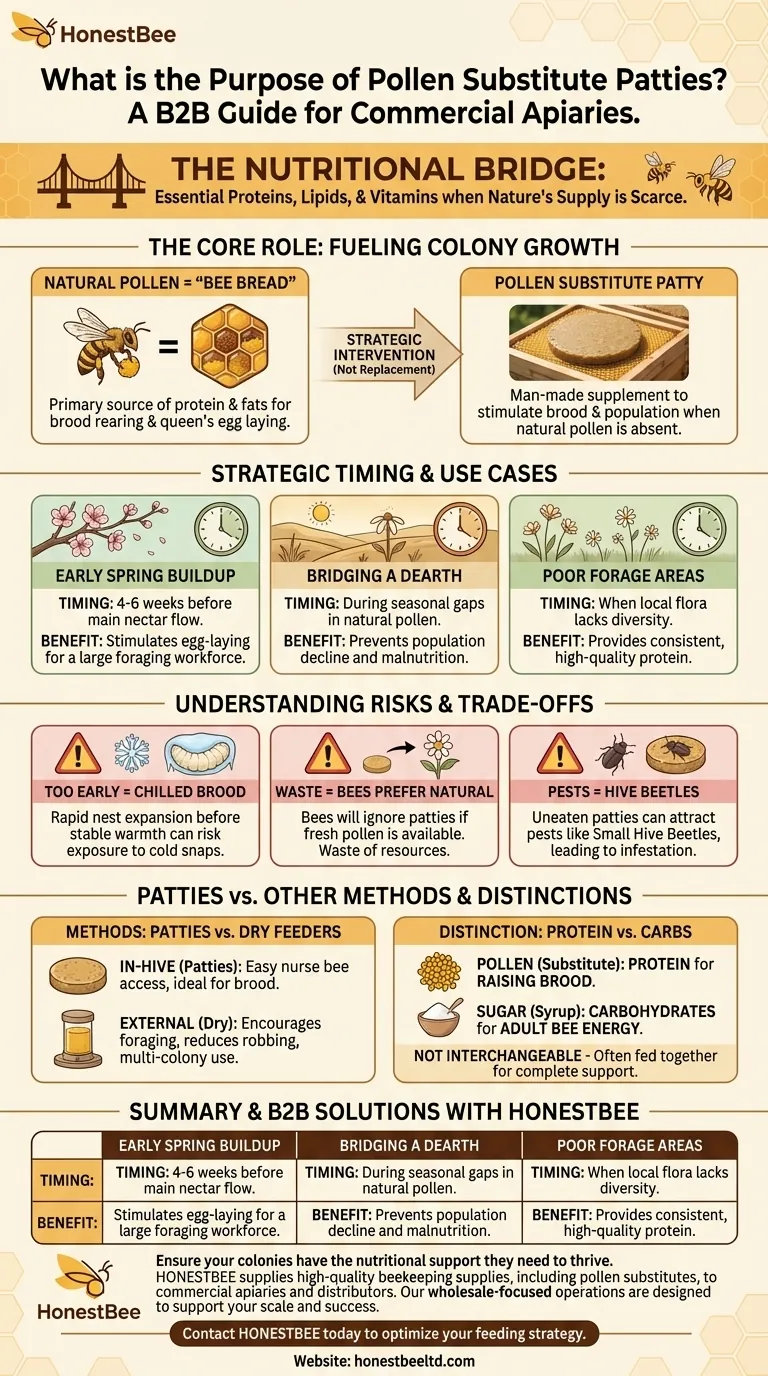
Related Products
- Professional Galvanized Hive Strap with Secure Locking Buckle for Beekeeping
- Professional Spring-Action Queen Catcher Clip
- Premium Traditional Copper Bee Smoker with Bellows
- HONESTBEE Professional Telescopic Pole Bee Swarm Catcher
- Stainless Steel Honey Bee Smoker Hive and Honeycomb Smoker for Beekeeping
People Also Ask
- What are hive straps and why are they used? Secure Your Hives Against Wind, Predators, and Transport
- What are the two styles of hive straps? Choose the Right Strap for Your Hive Security
- What maintenance is required for hive straps? A Guide to Cam Buckle vs. Ratchet Strap Care
- How should a cam buckle strap be installed for optimal performance? Master the Leverage for Maximum Tension
- How can a beehive be physically secured against harsh winter weather? Expert Winterizing Strategies for Your Apiary

